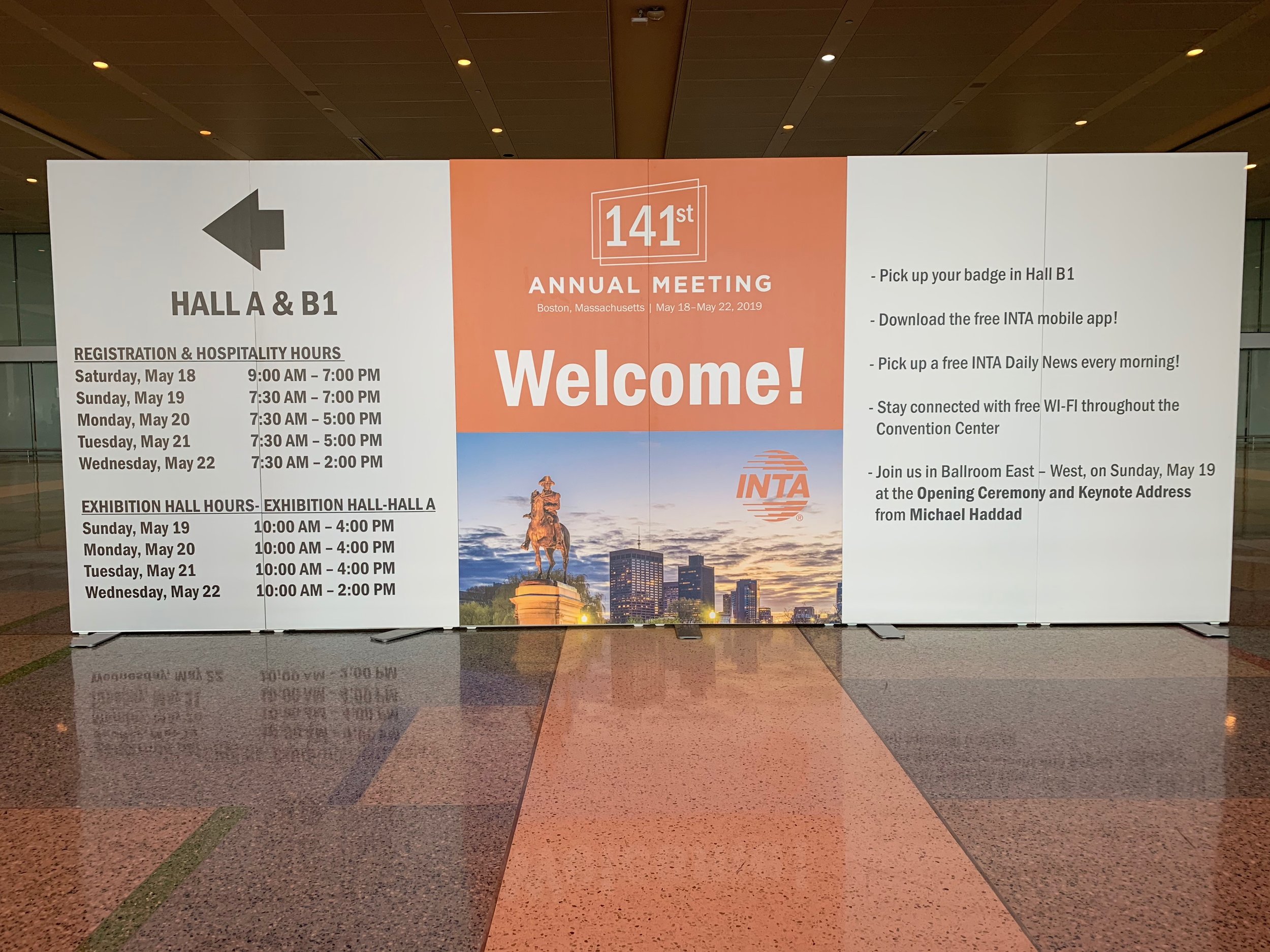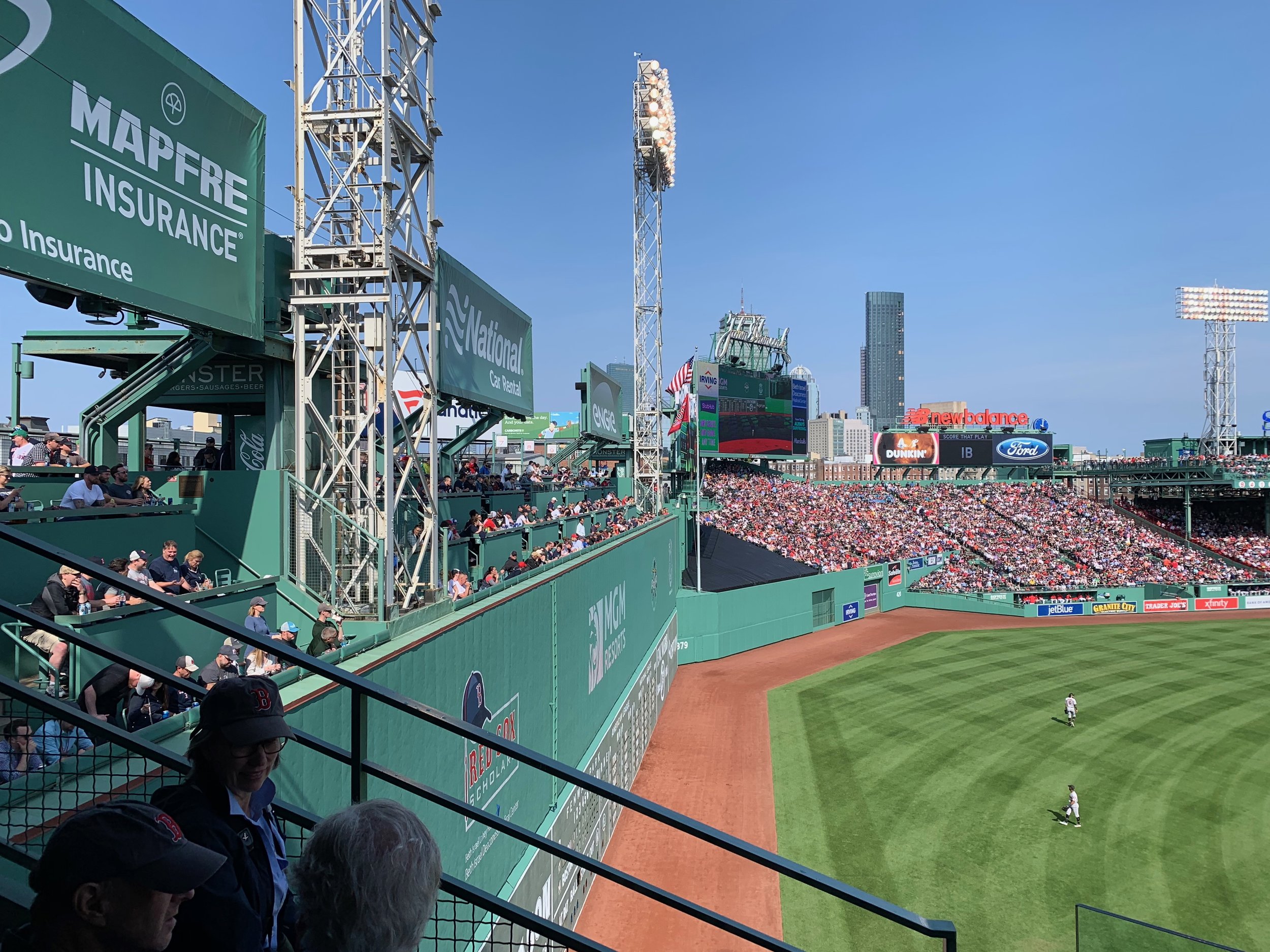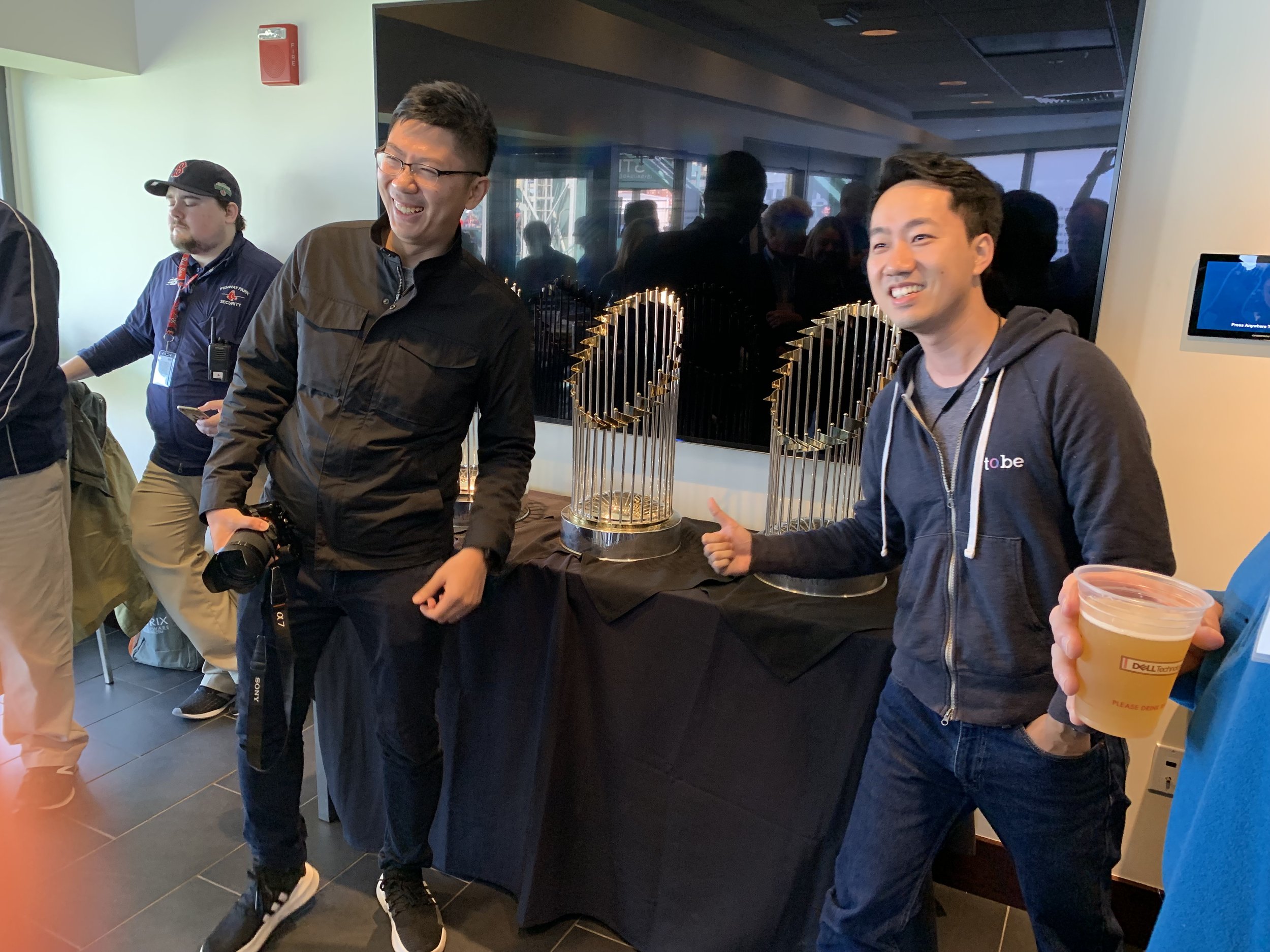GTV client Global Sailing Ltd., a New Zealand company which owns the right to license the manufacture and sale of certain Laser class sailboats, was recently awarded partial summary judgment by Judge Jeffrey A. Meyer in the District of Connecticut (3:13-cv-00297).
Global Sailing sought partial summary judgment on liability against two defendant entities which manufactured and/or sold sailboats under certain Builders’ Agreements. These Builders’ Agreements set forth the licensing terms between the parties. The lawsuit was initiated after the defendants failed to comply with their obligations under the Agreements, and then, when terminated, failed to comply with post-termination obligations while continuing to sell Laser sailboats.
Judge Meyer stated that each of the Agreements was properly terminated, and that the defendants failed to comply with many post-termination obligations. These included improperly contesting Global Sailing’s rights to the Laser and failing to negotiate a sale of Laser plugs, molds and tooling back to Global. He also ruled that there was no evidence presented to support defendants’ assertions that Global had materially breached, or, indeed, breached at all, its obligations under the Builders’ Agreements.
GTV attorneys active in this matter included J. Kevin Grogan, Jeffrey E. Schiller, Kevin H. Vanderleeden, Raymond T. Zenkert and Joseph I. Romagnano.




